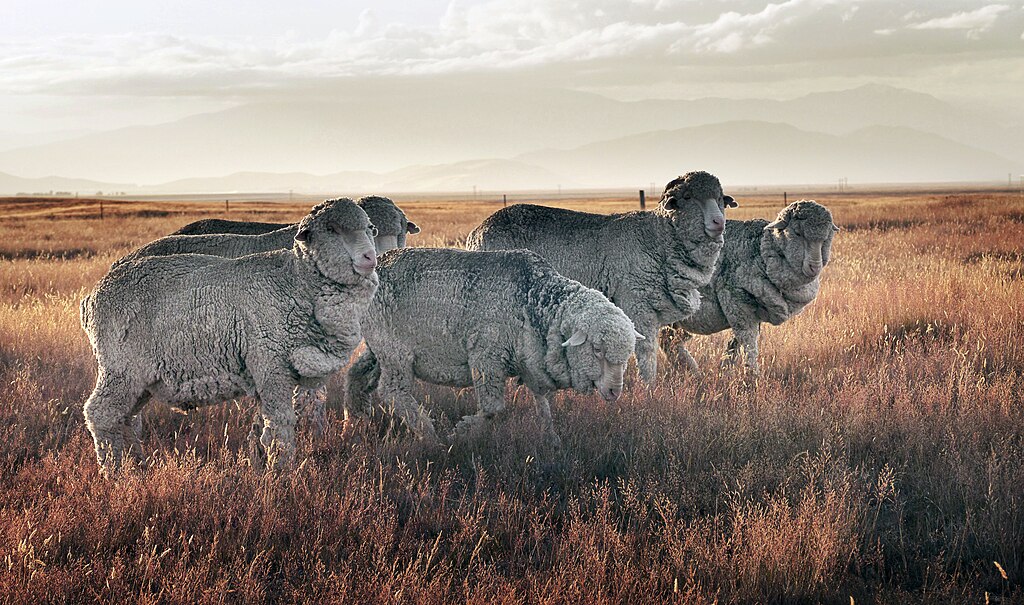
Dunedin Cashmere is renowned for a traditional Scottish clothing shop. However, Dunedin, located in New Zealand’s South Island, is not traditionally associated with cashmere production. Instead, the city has carved out a niche in the textile industry through its reputation for quality wool production, particularly merino wool. While cashmere production is not prevalent in Dunedin itself, the city has played a role in the global cashmere industry through its connections with luxury fashion and textile markets. Let’s explore further:
Dunedin’s Role in the Textile Industry
- Wool Production: Dunedin and the wider Otago region are renowned for their merino wool production. The region’s temperate climate and lush pastures provide ideal conditions for sheep farming, leading to the production of high-quality wool fibers.
- Textile Innovation: The city has a history of textile innovation, with companies such as Icebreaker, a leading merino wool outdoor apparel brand, headquartered in the city. These companies have helped showcase the versatility and performance of merino wool in various applications, from outdoor wear to activewear.
- Education and Research: Dunedin is home to the University of Otago, which offers research and education programs in areas such as textile science and engineering. These programs contribute to the advancement of knowledge and technology in the textile industry, including the development of new materials and production methods.
Cashmere Industry and Global Markets
- Global Demand: The cashmere industry is primarily concentrated in regions such as Mongolia, China, and Inner Mongolia, where cashmere goats are bred for their fine fibers. These fibers are then processed and woven into luxurious cashmere garments that are coveted by consumers around the world.
- Luxury Fashion: Cashmere is synonymous with luxury and is often associated with high-end fashion brands and designers. Garments made from cashmere fibers are prized for their softness, warmth, and elegance, making them a staple in the wardrobes of discerning consumers.
- Supply Chain Dynamics: While the city may not be directly involved in cashmere production, it is part of the global supply chain for luxury textiles. Companies based in Dunedin may source cashmere fibers or finished products from international suppliers as part of their operations in the luxury fashion market.
Conclusion: Dunedin’s Connection to Luxury Textiles
In conclusion, while Dunedin’s textile industry is primarily focused on merino wool production and innovation, the city maintains a connection to the global cashmere industry through its participation in luxury fashion markets and textile supply chains. As a hub of textile innovation and expertise, the city continues to play a role in shaping the future of luxury textiles, showcasing the versatility and quality of fibers such as merino wool while contributing to the global appeal of cashmere garments.